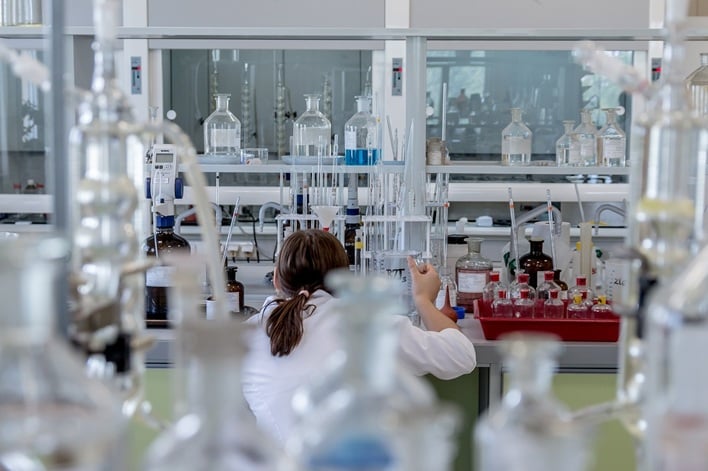NASA-Backed Study Finds Space Travel Drastically Accelerates Aging In Cells
In the study published in the scientific journal, Cell Stem Cell, the researchers created a controlled environment with two identical groups of bone marrow cells collected from volunteers undergoing hip replacement surgery. They placed the cells in specialized containers known as nanobioreactors, which are designed to keep the cells alive. Subsequently, these nanobioreactors were placed in specialized small containers called CubeLabs, which were equipped to monitor the cells. One CubeLab was sent into space, while another was kept on Earth at the Kennedy Space Center.

The CubeLab destined for space was launched on several SpaceX missions for a period of 32 to 45 days. After the cells were analyzed upon return to the Earth, the researchers observed that the cells showed significant changes compared to those kept on Earth. For instance, it was observed that the cells from space were more active and divided faster. They were also observed to have a decreased ability to self-renew. These findings suggest that human cells sent to space were aging faster.
Hopefully, this study, led by Dr. Catriona Jamieson, the director of the Sanford Stem Cell Institute, will spur more research that will lead to new treatments and strategies that will protect the health of astronauts and future space tourists.

